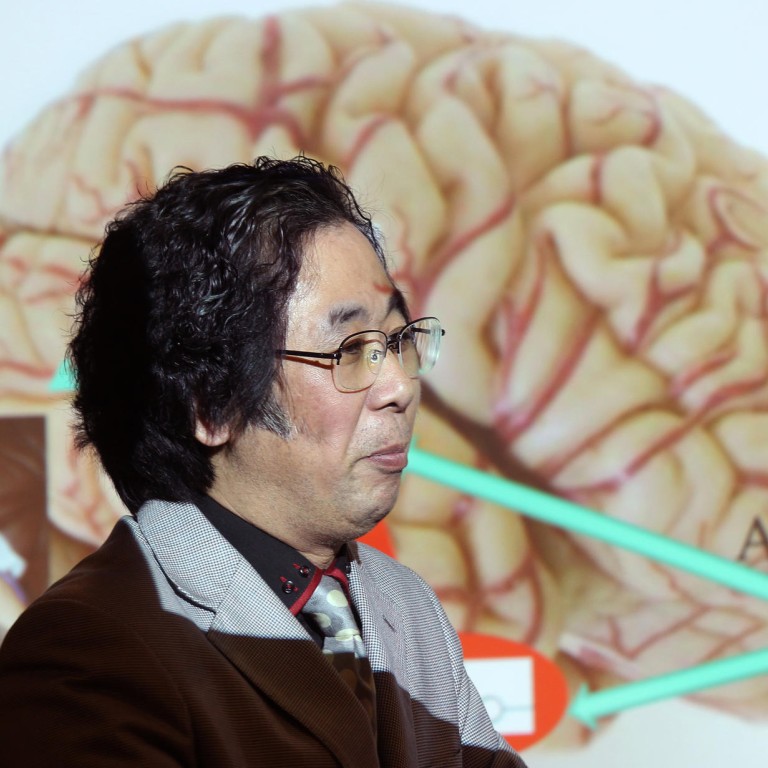
University team developing drugs that could suppress and enhance memory
University researchers are in the midst of developing a drug to suppress bad memories and another that could help Alzheimer's sufferers retain vital information.
Studies conducted by He Jufang and his team at City University have found the mechanism by which Cholecystokinin (CCK) - a chemical produced by the brain - can turn on and off memory writing.
It means one drug could be given to Alzheimer's patients to help them retain important details, such as their addresses, while another could help survivors in disaster zones get over traumatic experiences, said He, a professor in the department of biology and chemistry.
"No one needs to remember an earthquake and its aftermath," he said.
To test their theory that CCK played a vital part in long-term memory retention, the team inserted electrodes into the brains of around 100 anaesthetised rats and 20 guinea pigs, targeting the neocortex, the area of the brain where memories are written. The electrodes registered electrical activity when memories were being written.
The tests found that when CCK was injected into the animals' brains, the electrodes detected more activity in response to light and sound stimuli. In contrast, applying a chemical that blocked the action of CCK, showed no response.
Knowledge of the chemical and its link to memory formation has been around since the 1970s, but the team's tests have brought to light a previously unknown transmitter that hadn't been thought of in learning and memory, said Dr Raymond Chang Chuen-chung, founder of the Hong Kong Alzheimer's Disease Research Network, who was not involved in the study.
However, it's translation into medicine "is still a long way away", said Chang.
There were around 103,433 dementia patients over 60 years of age in Hong Kong in 2009, and the number is projected to grow to around 332,690 by 2039, according to the Hong Kong Alzheimer's Disease Association.
Professor He hopes to start pre-clinical trials in a year's time at the Guangzhou Institute of Biomedicine and Health and the Chinese Academy of Sciences.
The team has so far found 20 chemicals that mimic the action of CCK. The results of this study were published in the journal

